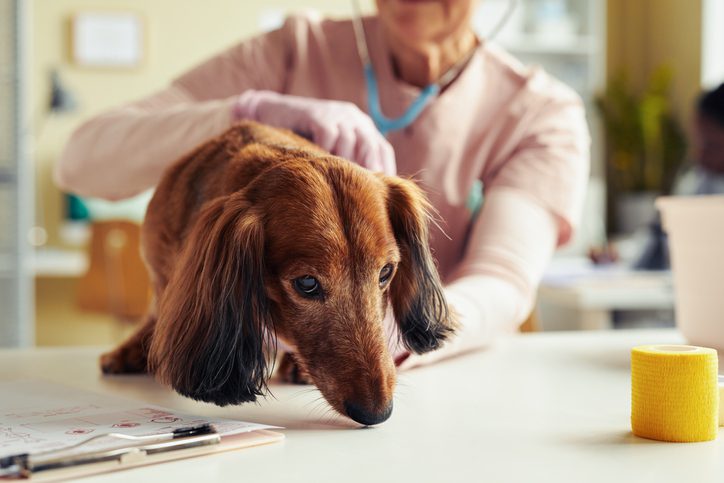The Importance of Bloodwork in Senior Pets
As our furry friends age, they become more susceptible to certain health issues. Just like humans, senior pets require regular health check-ups to stay on top of their wellbeing.

One essential aspect of senior pet care is routine lab work. In this article, we’ll discuss why routine lab work is so important for our senior pets and how it can help catch health problems early on.
Read our St. Paul, MN, animal hospital‘s article to find out more about senior pet bloodwork.
Why is Routine Lab Work Important for Senior Pets?
Routine lab work is a critical part of senior pet care because it allows the detection of underlying health issues before they become more serious. Bloodwork can provide insight into your pet’s liver and kidney function, as well as detect anemia or other blood disorders. Urinalysis can reveal signs of infection or kidney problems. Additionally, monitoring your pet’s thyroid hormone levels can help detect early signs of thyroid disease. Routine lab work can help detect these conditions early on, which can lead to better treatment outcomes and an improved quality of life for your pet.
In addition to identifying underlying health issues, routine lab work can also help monitor your pet’s response to medication, check for side effects, and lead to adjustments in treatment plans as needed. With regular lab work, we can establish baseline levels for your pet’s bloodwork and monitor any changes over time, providing a more comprehensive picture of your pet’s health.
What Does Routine Lab Work Include?
Routine lab work for senior pets typically includes a complete blood count (CBC), a blood chemistry panel, a urinalysis, and a fecal examination. These tests can provide valuable information about your pet’s organ function, blood cell counts, and overall health.
How Often Should Senior Pets Have Routine Lab Work?
Senior pets should have routine lab work done at least once a year, as part of their annual check-up. However, pets with underlying medical conditions or those on long-term medications may require more frequent testing.
What to Expect During a Lab Work Appointment
During a lab work appointment, your veterinary care team will collect blood and urine samples from your pet. These samples will be sent to a laboratory for testing, and results will typically be available within a few days. Some specialized tests may have a longer turnaround time for results. Once the results are available, your veterinarian will review the results with you and discuss any abnormal findings or areas of concern.
If you have a senior pet and haven’t had their lab work done recently, we invite you to call us to schedule their yearly exam and collect samples for your pet’s lab work. By taking a proactive approach to your pet’s healthcare, together we can help ensure they stay healthy and happy in their golden years.

